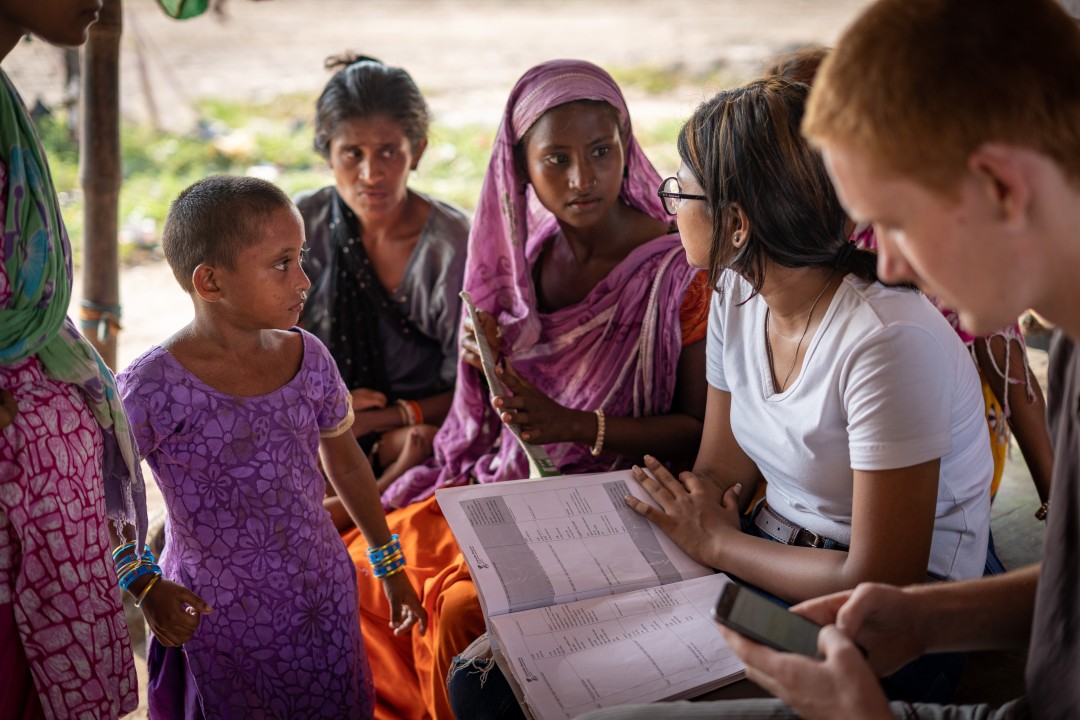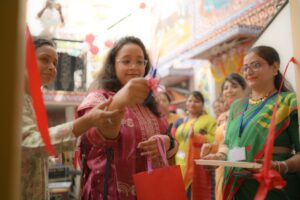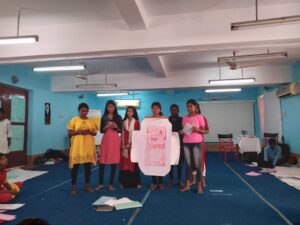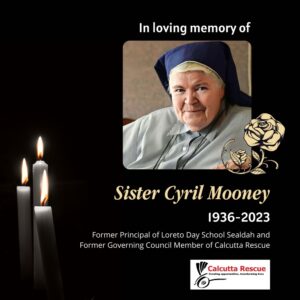The largest and most detailed study of deprivation in Kolkata’s slums for 20 years has just been published.
The study of 23 slums carried out by Calcutta Rescue shows that there is a huge disparity in the poverty levels across different slums, with some slums found to be five times more deprived than others according to the survey’s metric. In several slums no household was found to be living in ‘extreme’ poverty, while in one, three out of four households were extremely poor.
Knowledge of good healthcare practices was generally low, and in some slums almost two thirds of children sampled had not had all the recommended vaccinations. In seven of the slums hardly anyone had access to safe, shared sanitation. Child labour is thankfully rare, but the study found that many children were not attending school for other reasons. Although 70% of households had electricity – though this was often unsafe or illegal – it found that hardly anyone had it in four of the slums.
Calcutta Rescue, which has been providing free healthcare and education to the poorest people in the city for 40 years, has just expanded its mission to include providing key infrastructure such as water, toilets and handwashing facilities in the slums where it works.
This follows a successful pilot scheme in a slum near Dakineshwar, in the north of the city.
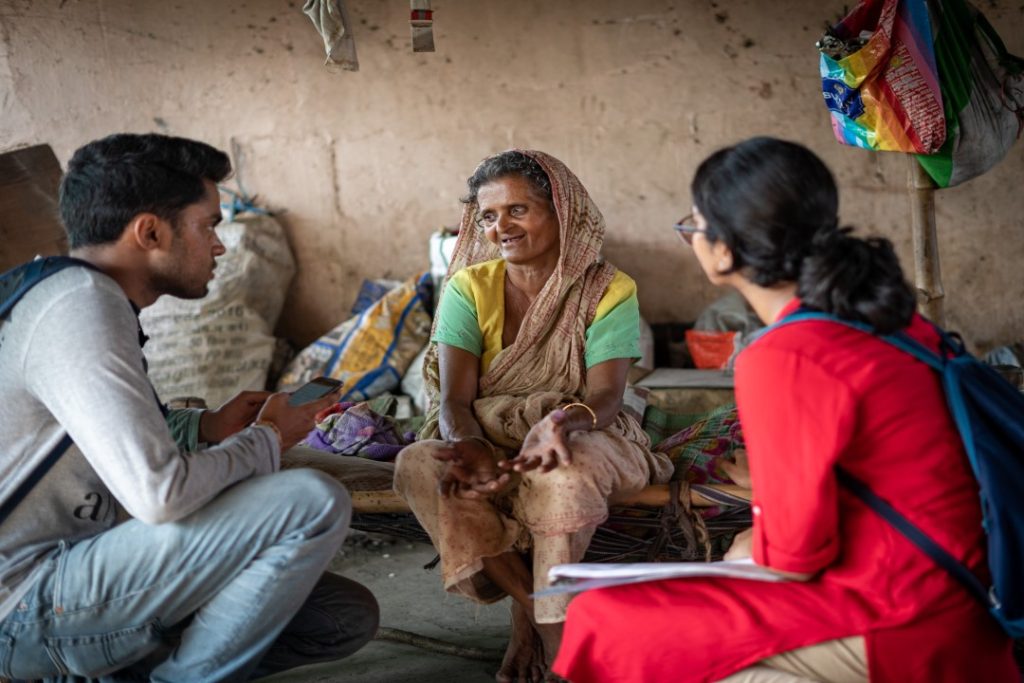
Calcutta Rescue carried out the survey so that it could better understand the communities where it works and make smart decisions about where to allocate scarce resources. It has also provided a baseline to assess the success of its interventions.
It’s chief executive, Jaydeep Chakraborty, has been a fan of Abhijit Banerjee and Esther Duflo’s work for years. Their 2019 Nobel Prize for Economics clearly demonstrated the vital importance of systematic, empirical research in understanding the real needs of communities, rather than just relying on assumptions and anecdotal evidence.
Jaydeep said: “This first major piece of research by CR is incredibly important in allowing us to make intelligent decisions. So far, we have used the data to ramp up admissions into our pre-school program from the community that lives on the streets near Lal Mandir, and initiate a contraception education program in Nimtala.
It has also allowed us to identify the areas most in need of toilets and water and we aim to install these in six slums over the coming year.
But we cannot do everything. We are keen to share our findings with the government and other organisations working on poverty reduction so we can collectively improve the conditions of each slum area and create more opportunity for the residents living there.”

Conducting the survey was a huge undertaking for a small charity. In keeping with its tradition of ensuring as much donors money as possible is spent on frontline services, it managed to recruit volunteers to run the project. The survey was developed by Eleo Tibbs and Maurice Lange, two researchers from the UK. They adapted the UN’s Multidimensional Poverty Index for use in the local context and for CR’s purposes and worked with guidance generously provided by Suman Seth and Indranil Dutta of The University of Leeds and The University of Manchester, respectively.
Maurice recruited 16 volunteer data gatherers, mainly from top local universities, and ran the team until Dutch volunteers Ezra Spinner and Jasmijn Loos took over the task for the final slums.
Over a period of four months in 2019 they carried out 867 interviews lasting up to 50 minutes. In each slum they interviewed between 30 and 80 households. The team worked in the most challenging of conditions inside the slums through the summer heat and monsoon.
They worked through the baking heat of a Kolkata summer, squeezing along the narrowest pathways, crawling under pipes, dealing with angry dogs, never knowing what new challenges they might encounter.
Maurice then spent months last year analysing the data back home in the UK and prepared the academic paper which has just been published in the Journal of Poverty and Social Justice.
He said: “Coordinating which slum we would go to, when, and how we would get there, all in 40 degree heat, was a weekly event. But we made it work. We learnt flexibility, seriousness and determination in the field.
The project was uniquely oriented around an NGO and what it could get out of the data collected. I can now tell you how long the average 50+ individual in each slum went to school for, which slums have a problem with poor antenatal care, and in which slums the only source of electricity is solar panels. CR can’t act to solve all the issues we’ve identified immediately, but by collecting such a range of information we’ve ensured we have the information necessary to engage with those who can, or can plan for a future where we can act.”

Calcutta Rescue would like to say a massive thank you to everyone who contributed their expertise and time to help with this research!
Research at Calcutta Rescue
Calcutta Rescue has been operating in Kolkata for 40 years and has an outstanding reputation for its commitment to serving the poor.
Its founder, Dr Jack Preger MBE, is widely recognised as the grandfather of street medicine globally and only the second non-Asian after Mother Teresa to win an Asian Award.
The NGO had always relied on the deep knowledge of Dr Jack and its senior managers in determining how best to support individuals and families in greatest need.
But in 2017 a trio of volunteers, UK-based doctors Amy Denh Lunn and Marcello Scopazzini, with Dutch researcher Esther Sulkers, started a data revolution at the charity when they pioneered several health research projects aimed at informing clinical practices and operational priorities.
Understanding that empirical research is an invaluable tool when planning how best to meet the needs of the poor, CR’s CEO Jaydeep Chakaraborty initiated work on CR’s Multidimensional Poverty Survey.
Each of the slums where CR works is unique, and Jaydeep hoped that this keystone piece of research would allow CR to tailor its interventions to the needs of each community.
Jaydeep also believed that it would be a platform from which future research projects could spring.
A pilot study of the poverty survey was conducted in the spring of 2019 and, after Maurice Lange returned to the UK the survey was completed by Dutch psychology students Ezra Spinner and Jasmijn Loos at the end of the year.
The success of the Poverty Survey has given the charity the confidence to use empirical research whenever it is appropriate to guide investment in resources and services. It has already carried out a one-year cohort study investigating malnutrition in one very-deprived slum.
It has also led to the creation of the Calcutta Rescue Research Collaborative. This multi-national team of volunteers, which meets regularly via Zoom, is a hive of ideas aimed at generating relevant, well-researched, accountable research protocols buttressed by rigorous methodology and ethical guidance. It launched its first project last month examining the impact of the Covid crisis on the lives of the poor in Kolkata.
Key findings of the poverty study are being shared with potential donors who increasingly want to fund evidence-based interventions.
The charity is sharing its research as widely as possible so that other organisations working to alleviate poverty can benefit from its experience and data. Maurice has recently advised researchers from Mumbai who are planning out a study using a multidimensional poverty index in Tamil Nadu.
The poverty survey gathered a lot of rich data about poverty in urban slums which will serve as a springboard for future research.
To contact the Calcutta Rescue Research Collaborative email esther.sulkers@gmail.com
Read the report at: Lange, M. (2021) Multidimensional poverty in Kolkata’s slums: toward data driven decision making in a medium-sized NGO. Journal of Poverty and Social Justice. Vol 29. No 1. 121-130. https://doi.org/10.1332/175982720X16034770581665
